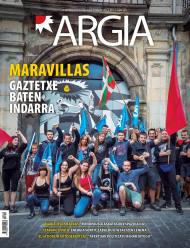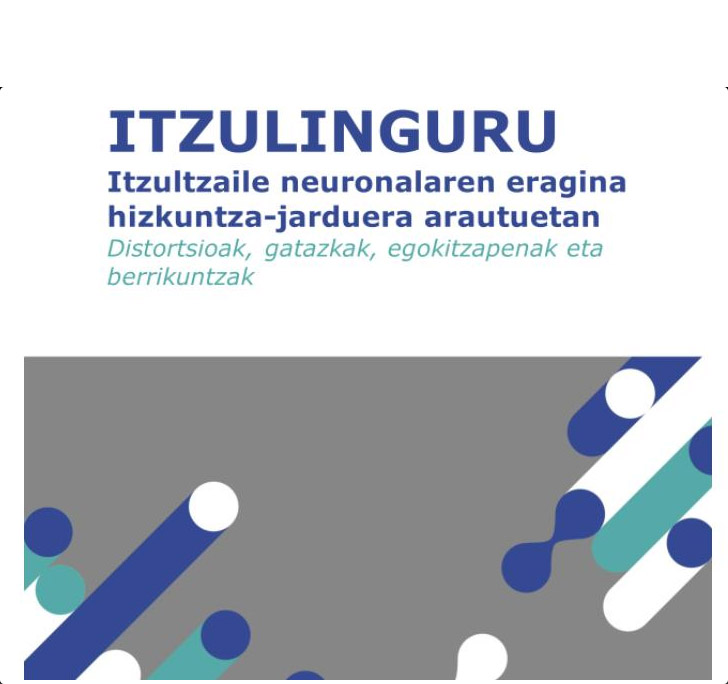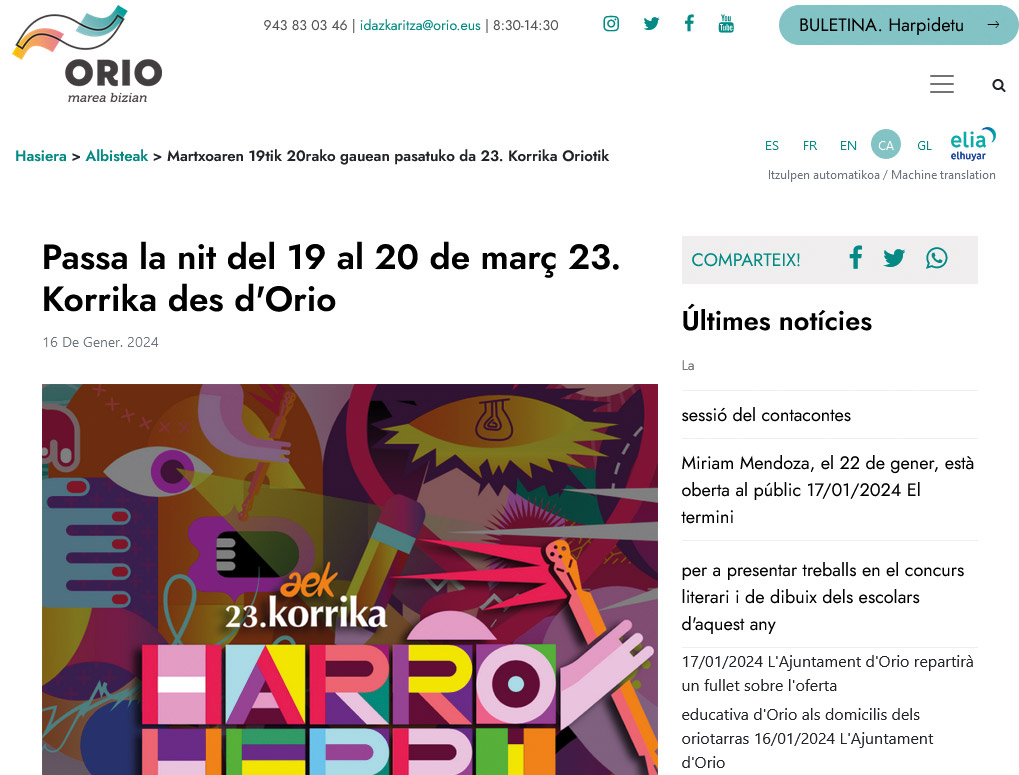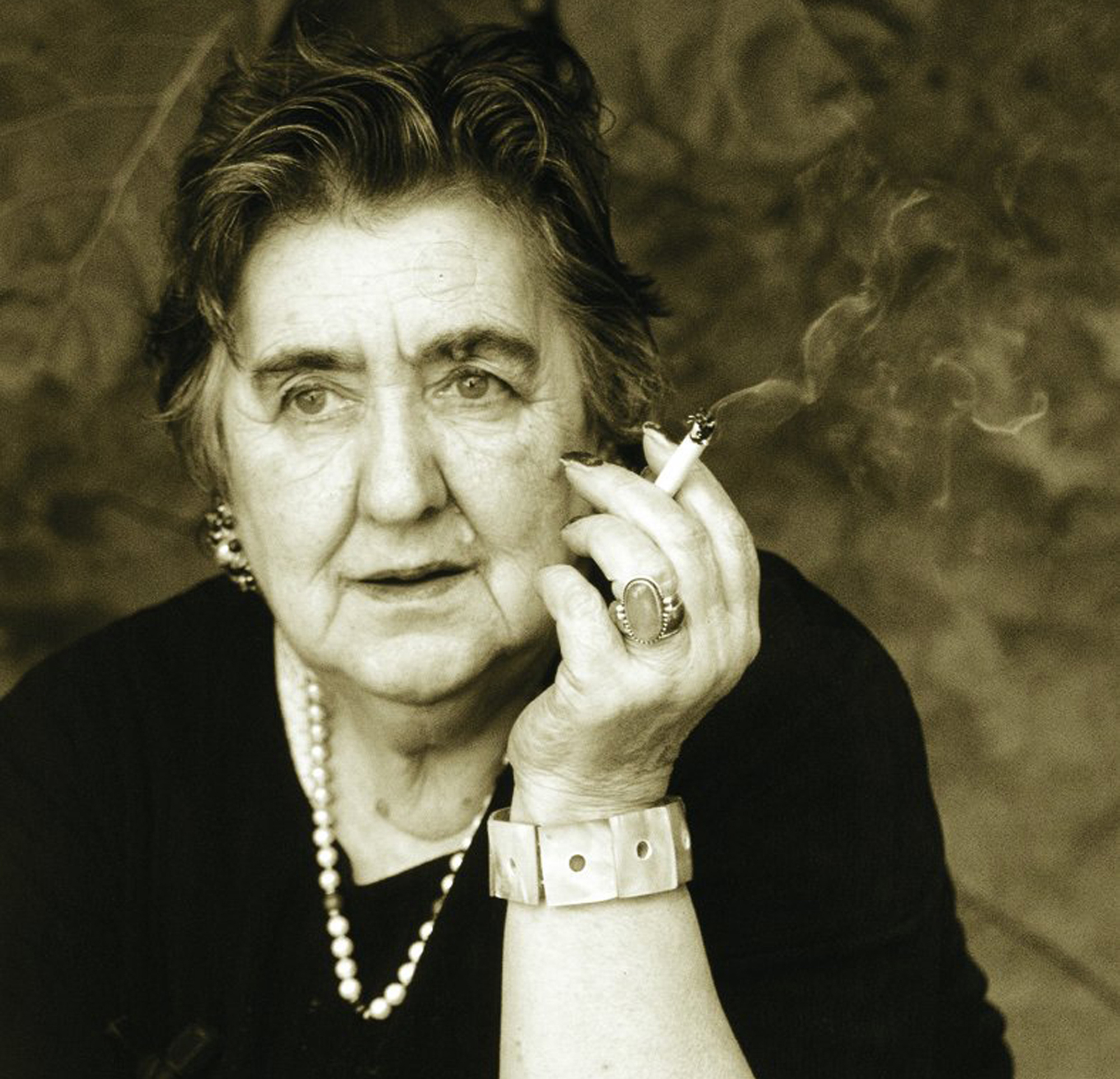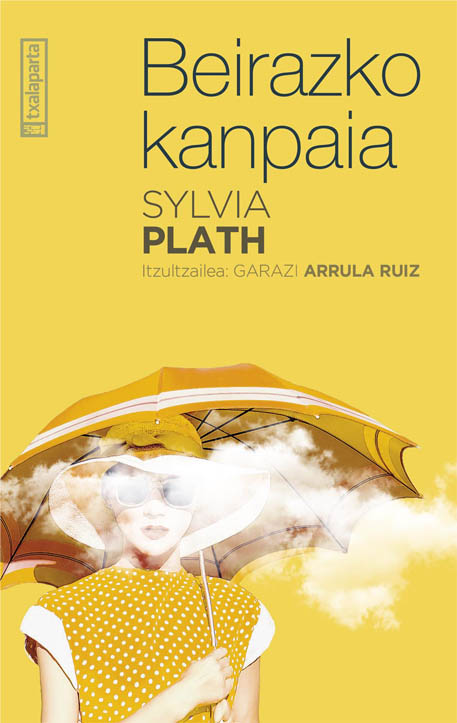A vividor who preferred to learn rather than teach
- ==Death==Donostiarra died at 102 on 13 August 2009. He had a long and full life. The one who breathed in his house left a deep mark on the woman he lived and was not casually photographer, illustrator, mountaineer and translator.

Like many women, Urreta didn't think he had a life that might be important to anyone. Nerea Azurmendi explained that he had to throw a little in order for the Bidegile to tell him his life for the series of books in the winter of 2005: “Donostiarra Maritxu Urreta Zulaika does not understand very well why her experiences may have any interest. He does not like to talk about himself (...) The traveler himself? He doesn't think so. He has done nothing but his way.” In the booklet Maritxu Urreta 1905 (available on the Internet), which has twenty pages, it is clear that she was not the usual woman of the early twentieth century. The steps taken by her hobby were not those of any woman at the beginning of the century.
With six languages and translator of Basque
Urreta had to be a good student, especially he liked to learn languages. Until the age of 16-17 he worked at San Bartolomé de Donostia-San Sebastián and began studying French and English there. At that time, when he was 19, he went to England to improve English. He then began studying Italian and German, as he wanted to read books written in his original language. In fact, as a young man, I was able to speak six languages, in addition to the four we have mentioned, I spoke in Basque and Spanish.
I had received the Basque of house, verbally I would understand, another thing is writing. At that time many of the Basque literate would not be. Urreta, however, received from her parents the love of language and was clear that she wanted to learn how to write. Once she was told about María Dolores Agirre, writer and teacher who taught Euskera in Donostia-San Sebastián. He learned to write with him, sometimes with classmates, and sometimes alone. Nerea Azurmendi, author of the book Maritxu Urreta 1905 (Bidegileak), confessed in 2005 that he loved the Basque of Agirre, without torpedoes, without Castilian and without mordacity.

He took advantage of what he had learned. In 1960 he translated the work of his friend Luis Muñoyerro, the solar son of Lartaun (Kuliska Sorta, publisher Zarauzko Itxaropena). The next book he translated was also from his colleague Muñoyerro, and then he did it together with professor María Dolores Agirre. The science fiction book entitled On the Moon also speaks Vascuence and the Basque version (also in Basque in Illargia) was published along with the Spanish version. The illustrations were made by Urreta himself. In 1976 he began to translate the editorials of the journal of the Photographic Society of Gipuzkoa into Basque.
In 1997, EIZIE Euskal Itzultzaile, Zigortzaileak eta Interpretarien Elkartea awarded him the title of Translator of Honor and undertook to collect in a book the translation fragments of Urreta and of the other seven that were named with him. Well, Urreta made his own translation for the Anthology of Translation. At the age of 82, he brought the poem The White Cliffs of the American writer Alice Duer Miller from English to Euskera (1874-1942). The white slope of the sea had put the title on it.
Influence of parents
Aita, Mikel Urreta. Maritxu Urreta showed from a young age a great curiosity and in this eagerness of the parents to develop many hobbies, especially the father, played a fundamental role. Born in Urnieta, he was a councilor at the City Hall of San Sebastian in 1913 and a deputy for Gipuzkoa in 1915. He was president of Gipuzkoa Buru Batzar. Among other things, he gave lectures in Euskera on politics, on Euskera and on agriculture. He was Euskaltzale, and in different ways he tried to drive Euskera. Member of the Eusko-Esnalea association, participated directly in the assembly of Oñati in 1918, which represented the creation of Euskaltzaindia and Eusko Ikaskuntza. He was president of the Euskaltzaleak Cultural Association of San Sebastian.
Maria Zulaika, mother. Urreta's mother and grandmother also studied at San Bartolomé School. Maria Zulaika, like her husband, was an entrepreneur throughout her life. He was head of the “Women’s Association” of Gipuzkoa and worked with the women of the fishermen of the Donostian pier. Maria Zulaika had nine brothers, including José Gonzalo, who would then be Aita Donostia. n
I have experienced two very different linguistic experiences in two southern peoples in recent weeks. One at a conference organized by a public institution of a Basque people and another at a school assembly. If we were at the conference more than 80 people, I would say that 90%... [+]
Ekain honetan hamar urte bete ditu Pasazaite argitaletxeak. Nazioarteko literatura euskarara ekartzen espezializatu den proiektuak urteurren hori baliatu du ateak itxiko dituela iragartzeko.
Many publishers rejected the book "The Glass Bell," because they understood it to be a barn and a bit light. It was first published in 1963 with the nickname Victoria Lucas. The glass bell could be a novel, but since it is a story very close to the author's life we could say that... [+]







